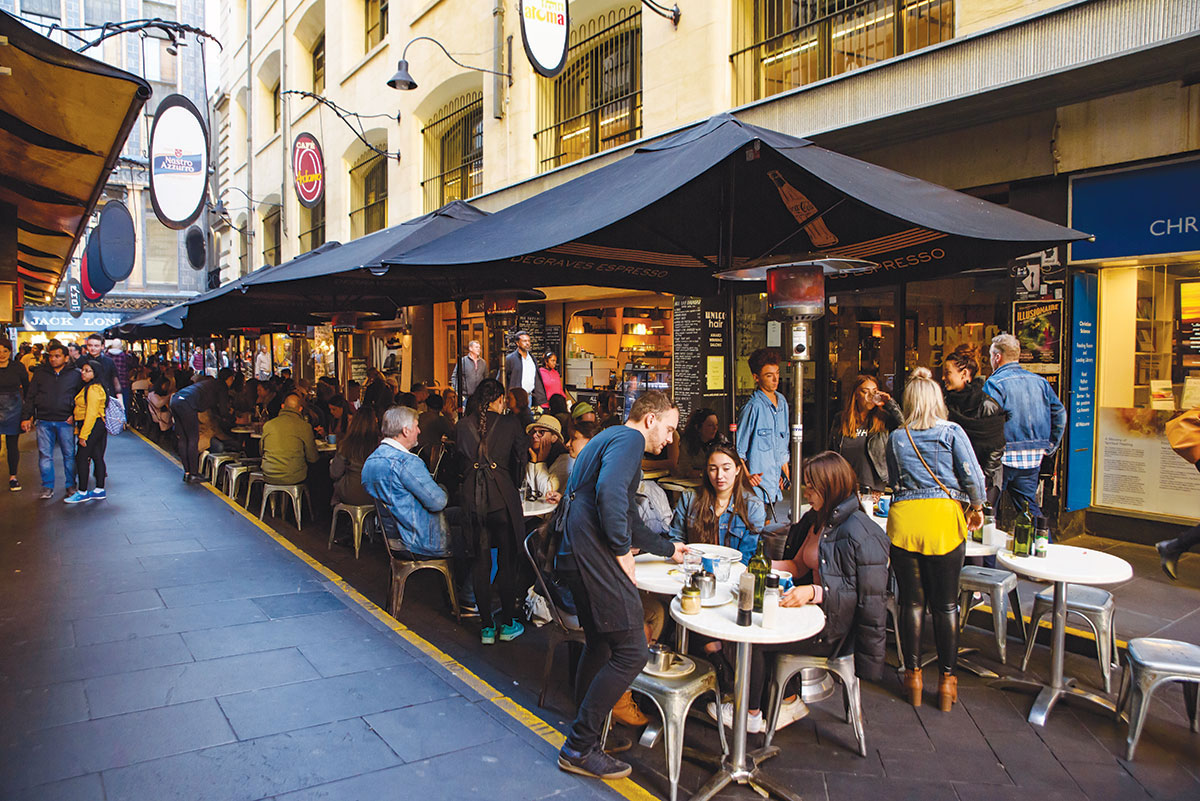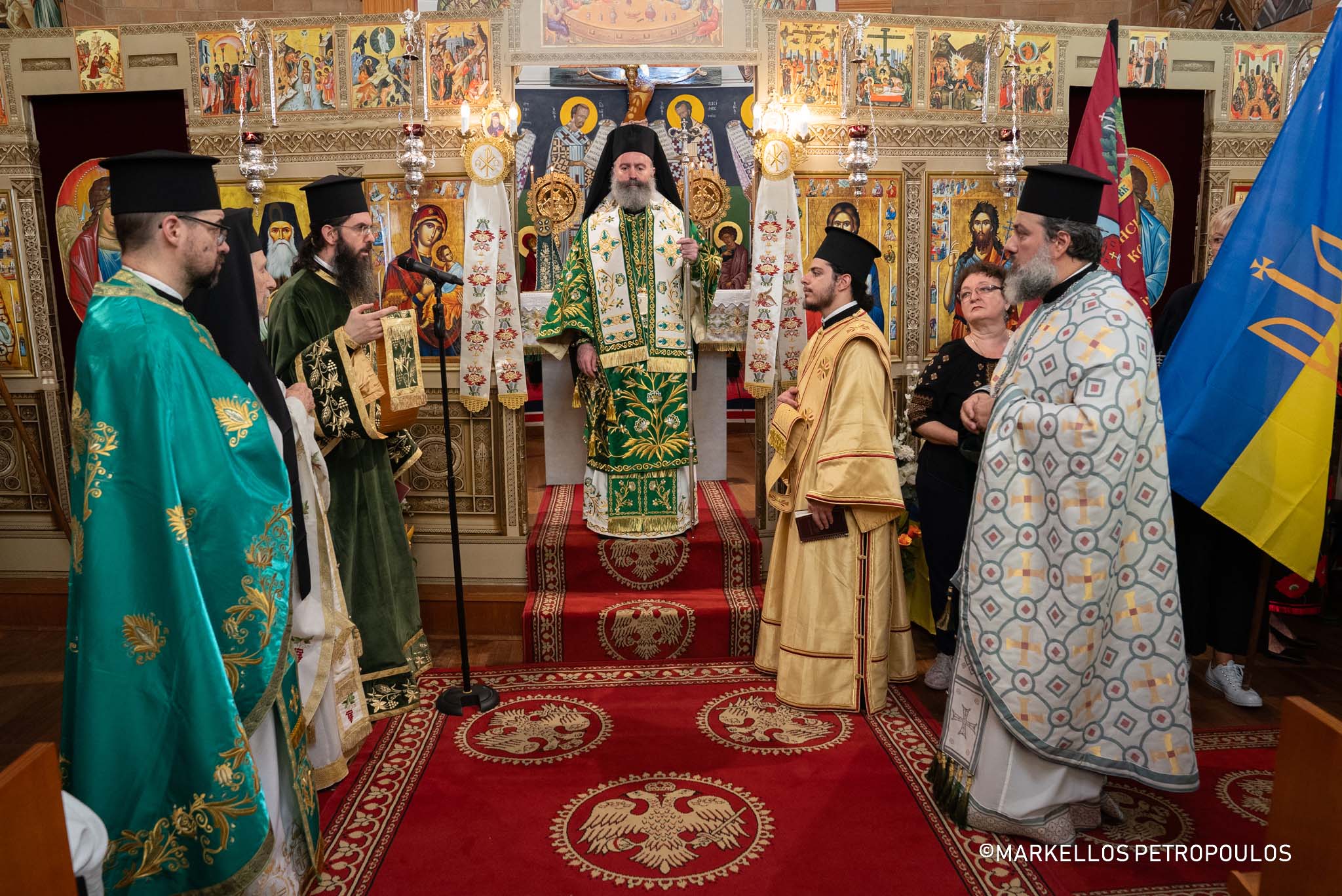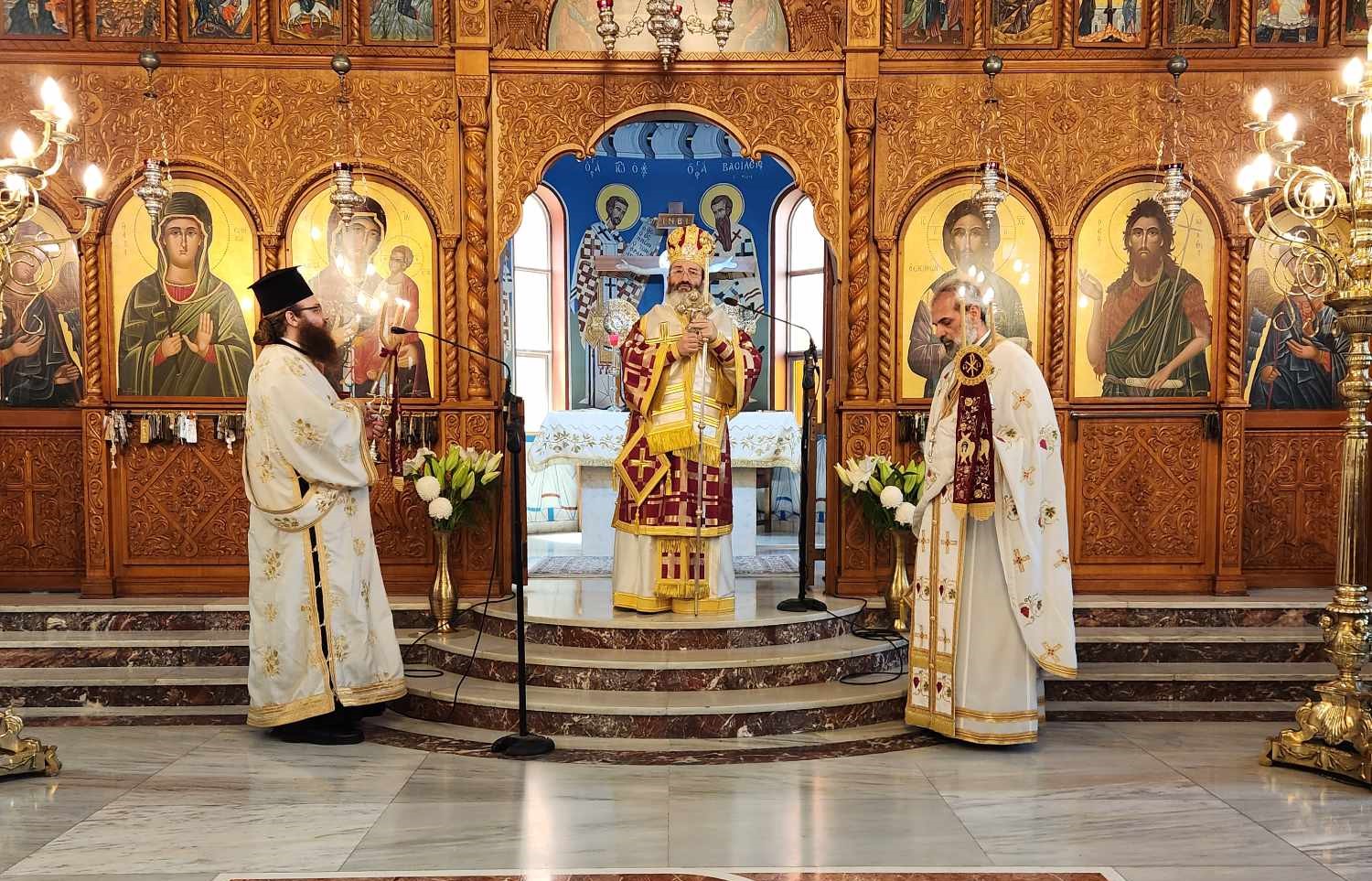Australia: Opening up means freedom for some, but fear for others


Now that more than 80 per cent of people aged 16 years and older are vaccinated in NSW, Premier Dominic Perrottet wants us to set aside fear and embrace our newfound freedom. Like a cheerfully optimistic life-coach, he told journalists to “gain some perspective”, “stop the concern” and “focus on the hope and optimism that the people of NSW feel right now”.
But with all the hoopla of opening back up, are we forgetting there are some of us with valid concerns? Or do we simply not care?
It is widely acknowledged that as we lift restrictions, there will be a spike in COVID-19 cases. Apart from the unvaccinated, those most likely to die will be the immunocompromised, elderly and people with disabilities for who vaccination may not be enough.
My friend is immunocompromised. She has Cystic Fibrosis and was one of Australia’s earliest double lung transplant recipients. For her, one shot of an mRNA vaccine is 17 per cent effective, with a second one lifting this to about 50 per cent. They are significantly lower levels of protection compared with people who have normally functioning lungs and immune systems. But of course, she took what she could and was vaccinated as soon as she could be.
There was some relief last week when it was announced that immunocompromised people can receive booster jabs. When I messaged her to see when she would get her shot, she was still waiting confirmation from her specialist transplant doctors about how quickly that could be.
While she waits, it’s still too early to know how effective boosters will be. Data from Israel where boosters have started rolling out show 33 per cent of lung transplant recipients developed antibodies after the shot. This suggests to me that boosters alone may not be enough.
Unlike those of us more protected by vaccinations, the best bet for my friend and other immunocompromised people is to reduce the amount of virus circulating in the community. With future lockdowns now ruled out, that won’t come until we finally reach herd immunity.
The most vulnerable are the immunocompromised children who cannot access vaccinations yet. I don’t think I could describe what it must feel like for their parents right now. I won’t even try because it won’t be enough (and don’t talk to me about anti-vaxxers).
As we toss aside our active wear and don our “going out” clothes, my friend and her family will retreat further into isolation with the memory of an excruciatingly close call playing on their minds. Just weeks ago, her 16-year-old daughter was exposed to COVID-19 at the cafe where she works. We all breathed hefty sighs of relief when their tests came back negative. But now her daughter would rather give up her job than put her family through that ordeal again.
So, while we cheerily skip back into the hairdressers, book tickets to our first live show and celebrate our “freedom”, we should acknowledge that the lives of others are about to take a big and nerve-racking step backwards.
Surely, it’s understandable they may be frightened about what comes next? To overlook their fear is both heartless and an insult.
Source: smh.com.au




